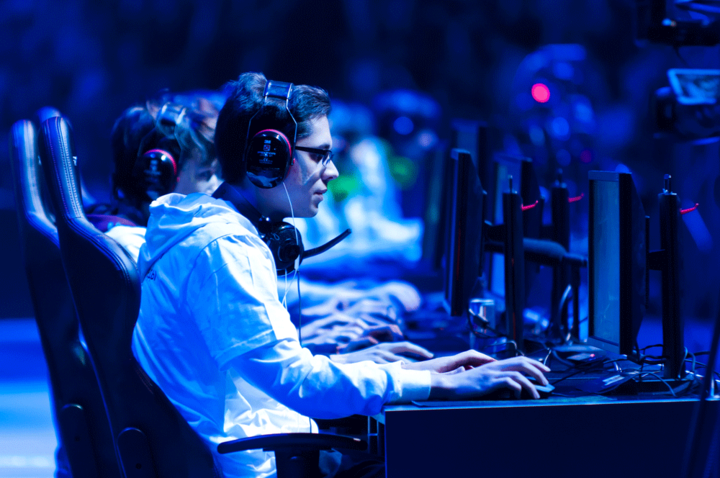prevent PEDs in the competitive world of eSports.
“In order to maintain the spirit of fair play within eSports, ESL has partnered with NADA (the Nationale Anti Doping Agentur headquartered in Germany) to help create an anti-PED policy that is fair, feasible and conclusive while also respecting the privacy of players,” they stated.
ESL has since taken immediate action by administering PED skin tests and providing updates on changes to tournament rules including a list of all banned substances, testing methods and potential disciplinary actions for players caught using PEDs and/or admitting to using them.
Why gaming feels so good
The straight-forward answer is dopamine, a chemical released in the brain that causes happiness.
When that reward system is stimulated by an activity, the feeling can be feverishly sought by repetition; gaming is an excellent example of how you can essentially get hooked to dopamine.
All video games offer some form of dopamine trigger – leveling up, beating a boss, or edging out your opponent with a last-second sonic boom.
When gamers finally beat a level or become the last man standing in first-person shooters, the brain basically pats them on the back with dopamine and says, “Good job,” similar to how the brain releases that same chemical when passing an exam, exercising or solving real-world problems. Adversely, it’s also released when using drugs or eating junk food.
The constant dopamine rushes that gamers feel have led many to question gaming’s potential for addiction.
So, what happens when Adderall is mixed into the dopamine-inducing world of video gaming?
A cautionary anecdote and its consequences
In a first-hand account, Mink Choi wrote about how her life crashed after becoming addicted to World of Warcraft (WoW) and abusing Adderall.
She once played for 17 hours straight, only getting up to use the bathroom. “Never had I felt such urgency to get back to something — I don’t think I’d ever even felt that strong of a pull to another human being,” she said.
Choi continued on this path for three to four months, avoiding sleep, food and college classes. Her close group of friends eventually disappeared.
“Soon, I’d forgotten what real human interaction was like or why I’d needed it to begin with,” she said.
Choi’s grades dropped quickly, she was placed on academic probation and now faced expulsion. So, she tried to make things right.
She bought Ritalin pills from her roommate to refocus her “game-obsessed” brain back into school but soon found herself needing something stronger — Adderall.
It was another bad routine, she admitted, which eventually led to her abusing the drug in combination with WoW. Gaming while on stimulants was so effective, Choi claimed she reached level 70 in three days rather than three months — that’s 30 times faster than her normal pace.
Once again, she chose gaming over classes, her GPA didn’t improve, and she decided to drop out of college before she was kicked out. She moved back home to disappointed parents and binged on WoW for six more months.
“I finally realized how horribly disgusting I felt,” Choi said, while also admitting that it wasn’t because she gained 100 pounds since playing WoW.
She hit rock bottom and forced herself to uninstall the game that had engulfed her life for too long. She reapplied for college and found a part-time job.
She hasn’t looked back since.
















